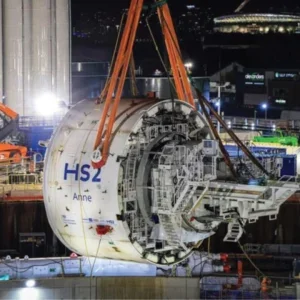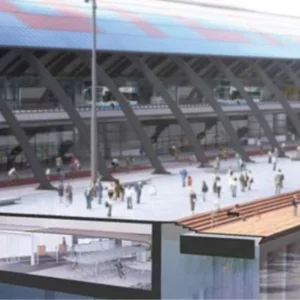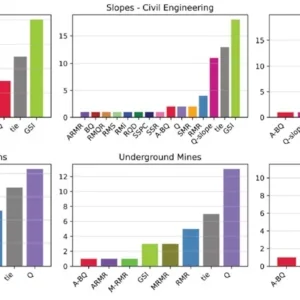Over recent years schedules for underground projects have become tighter and tighter. Ultimately, both the cause and result of this has been the natural evolution of modern equipment, products and resources and their procurement. As TBM speeds have increased, pre-cast lining methods have had to adapt to facilitate faster production rates. “Average ring lengths have increased, so fewer rings are required, this results in lower costs and higher advance rates. Fully automated plant set-ups with extremely high output and production rates are required” explains Aldo Ceresola, president of Swiss equipment manufacturer Ceresola. It is now common to see several TBMs used on a large project, segment requirements in such cases are becoming more demanding. Existing pre cast plants are finding that they simply do not have the capacity to deliver segments at the rates required for modern large diameter projects. Add additional transport costs and the problem becomes two-fold, availability and cost.
Equipment manufacturers such as Ceresola and France’s CBE have turned this growing trend to their advantage. By promoting the cost benefits of job specific segment production facilities on larger projects and concentrating on providing these set-ups within short time scales, project production plants have become an attractive option; especially if there is a possibility of further production requirements in the future (p58). Developments in reliability of segment production through advances in moulds, vibrators etc. as well as the introduction of steel fibres, additives and self-compacting concrete (SCC), mean that production cycles have become easier and faster. The new breed of highly automated plant set-ups, require an absolute minimum of labour, whilst enabling increased quality and tracibility. This means the supplier’s role is growing, “From the beginning of the project we work with contractors, to define the best means of production and the best quality/price ratio’s” explains Catherine Denizot of CBE. Aldo Ceresola agrees, “We must be able to supply a complete solution to the client. This means that we start as a consultant and assist during start up and production.”
Partnership seems to be the future for many aspects of tunnelling, procurement being just one example, clients and suppliers can only benefit from working together from an early stage.






